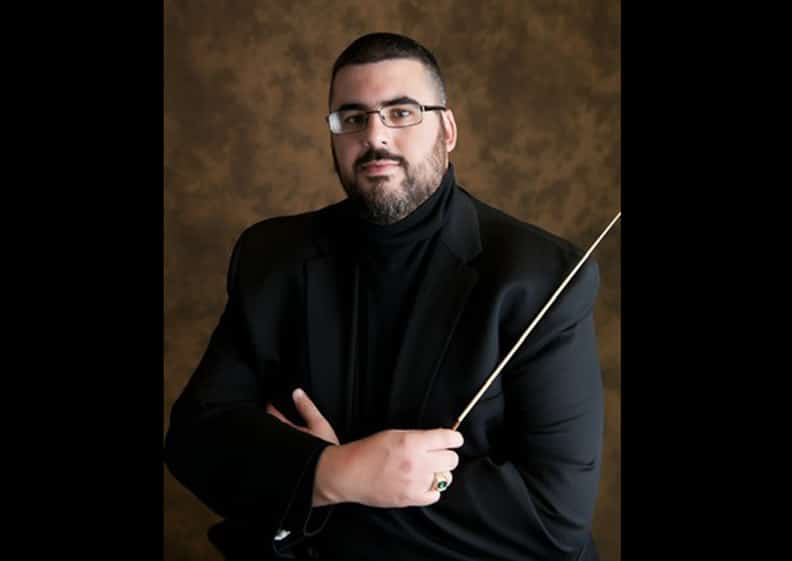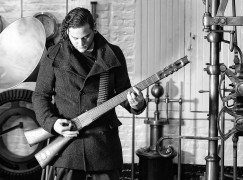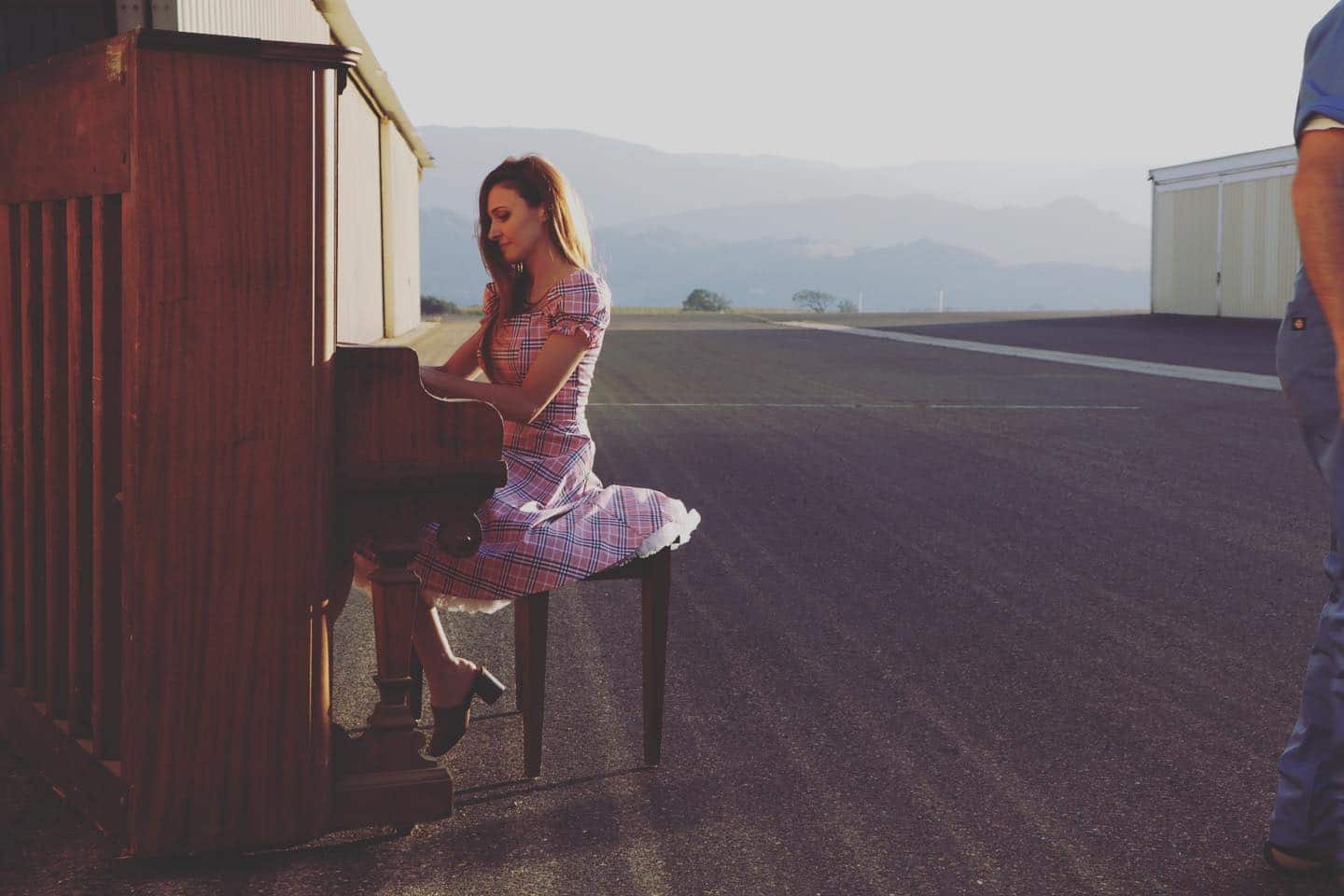Juilliard dean dies
mainWe have mournful news of the death (on Sunday Jan. 26) of violinist Stephen Clapp, a Dorothy DeLay student who became Dean of the Juilliard School, 1994-2007. He was 73.
Stephen was a member of the Oberlin Trio with cellist Andor Toth Jr. and pianist Joseph Schwartz.

Funeral Services will take place:
Saturday, February 1st at 2:00 PM
St. John’s Episcopal Church
Stamford, CT 06901
Cards and notes for Mr. Clapp’s wife, Linda and family may be sent to:
Linda Clapp
325 Valley Road
Cos Cob, CT 06807-1814





Baruch Dayan Emmes
Stephen Clapp always maintained his integrity as a musician and inspiring teacher while working as a compassionate and effective administrator. He will be missed. Condolences to his family and the entire Juilliard community.
What a shock. A thoroughly delightful, wise and kind man.
Stephen Clapp was a close personal friend for more than 50 years. We played quartets together as students at Juilliard. It was after our performance of the Brahms B-flat Quartet that he had his first date with his wife-to-be, Linda. He was a person of total integrity, compassion, and love, and was a spiritual role model for all of us. He will be sorely missed.
Our condolences to Linda. Stephen was an exemplary colleague, wonderful musician and teacher. A great loss to the world of music.
Not only was he a wonderful teacher, but he was a wonderful mentor in life. I am utterly heartbroken to learn of his death and I am so very honored to have known him, worked with him, and learned from him.
I am so sad to lose the best teacher and mentor I ever had. I will miss him dearly and will never forget his kind, generous passion for teaching and performing. His gift of music will live on in all of us who were so fortunate to have known him. My prayers go out to Linda and his family during this most difficult time.
I was so upset to learn about this tragic event. Mr. Clapp was a wonderful teacher, and I enjoyed studying with him.
My condolences to his wife, his family, and his close friends. I know that he will be greatly missed by those around him.
Musically, Stephen Clapp and I didn’t see eye to eye on many things. A strong follower of the tradition when it came to violin playing, it was clear to me that Stephen didn’t like the fact that I had defected to the “dark side” of music – historical performance – back in the late 1980’s. He winced when I started using a baroque violin bow for Bach in my lessons and couldn’t understand why anyone would want to return to using gut strings when steel strings were just fine. Maybe he saw his own training- undergraduate studies at Oberlin, followed by graduate studies at Julliard- as a missed opportunity for me, because when I graduated from Oberlin he invited me to his house one afternoon and asked me to reconsider my decision to move to Switzerland to study with Jaap Schröder at the Schola. I, who in the midst of my late teenage turmoil had allied myself to all things baroque, remained steadfast and didn’t apply to Julliard for graduate studies. And there we parted ways. Sometimes I wonder what my life might have been like had I followed his example, but I think he had enough trust to understand that my decision was right for me, and that I would ultimately find my way.
Upon hearing of his death, I’ve had to think back to my years at Oberlin and reflect on what I remember of Stephen. He was an incredibly kind and patient man, the perfect example of how a “Good Christian” could, and should be (I know his faith in God gave him the strength to overcome some very difficult moments in his life). He never used force in my lessons, opting instead to find points in my playing where he was able to say, “See? You can do that. Now apply that to the rest of the piece.” It is an approach that, in the world of “higher, faster, louder” might seem passive at first, but in retrospect, to have this safe harbor during four years where the stress is hard enough and the competition separates the wheat from the chaff on its own, was a relief. I think he was far more supportive and understanding of what his students were going through that he sometimes received credit for.
On the violin, the thing that impressed me the most is how Stephen helped me view the musical score in front of me as a kind of road map. Even today I see his influence in all of my scores- “seaweed” written over passages where the bow arm is supposed to float effortlessly, “EI” and “EO” (“Elbow in/out”) as reminders to optimize the position the left arm, and circles strategically penciled around notes to remind me that a shift, or a bow change is coming up. I even adopted his habit of using Tipp-Ex to clean scores of the editorial junk that all too often gets in the way. His clarity- this ability to create transparency in matters of performance- did wonders in helping me untangle the mess that often arises when attempting to merge technique with musicality.
In the end I regret that I didn’t maintain my contact to him, but I think I can safely count my name among those who was honored to have studied with him and to have felt his grace as a person. A great void has opened up in the musical world.